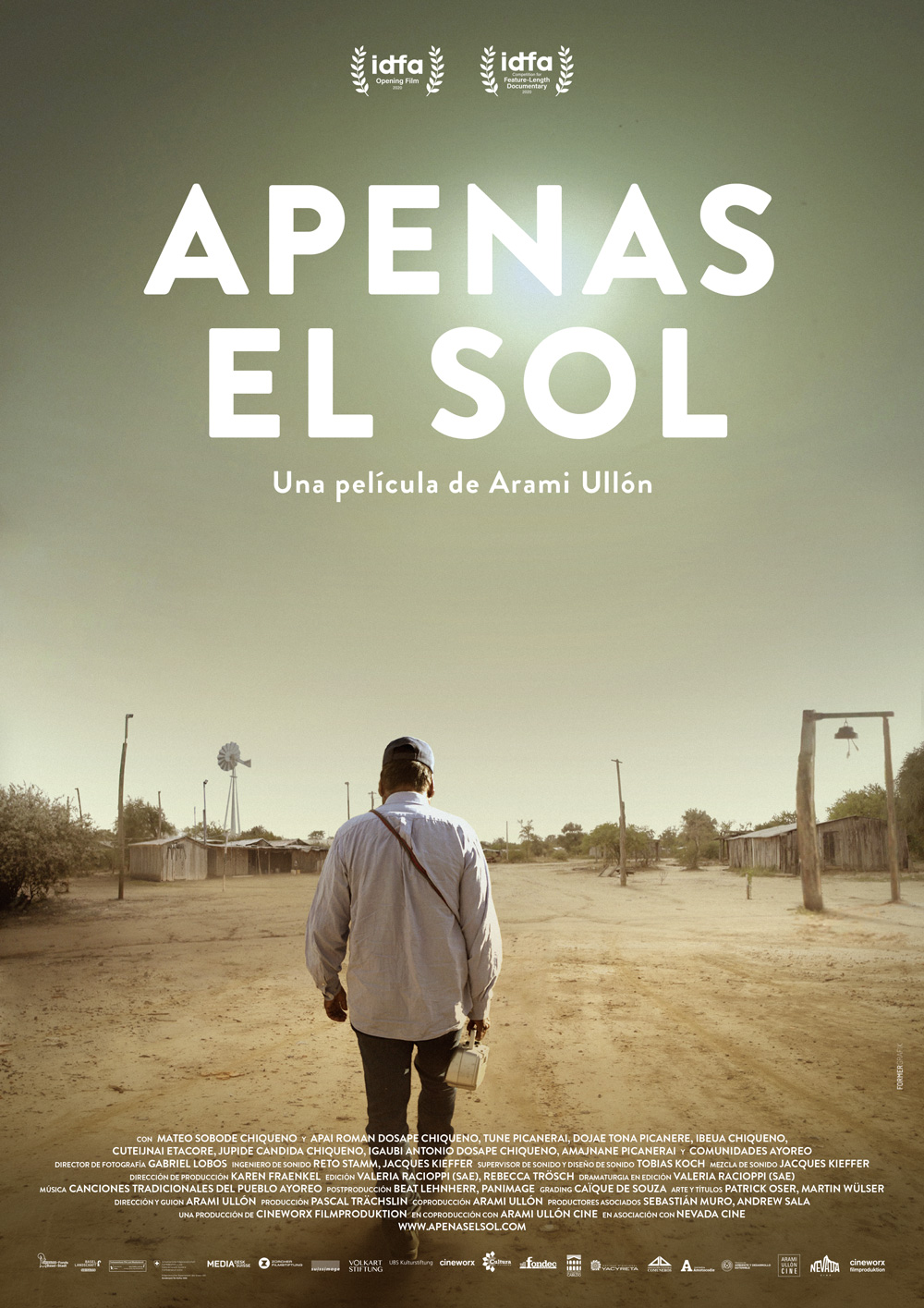Nothing but the Sun (Apenas el sol) [In-Person Only]
$13 General Admission
$10 Student/Child/Senior
$7 Member
⚠️ Public safety notice ⚠️
NWFF patrons will be required to double-mask while in the building. Disposable masks are available at the door for those who need them. To be admitted, patrons ages 5+ will also be required to present EITHER proof of COVID-19 vaccination OR a negative result from a COVID-19 test administered within the last 48 hours by an official testing facility. Boosters are strongly recommended, though not required for entry.
NWFF is adapting to evolving recommendations to protect the public from COVID-19. Read more about their policies regarding cleaning, masks, and capacity limitations here.
About
** Paraguay’s official entry to the 94th Academy Awards **
Facing the consequences of a violent uprooting, Mateo Sobode Chiqueno has been recording stories, songs, and testimonies of his Ayoreo people since the sixties. In an attempt to preserve fragments of a disappearing culture, Mateo walks across communities in the arid and desolate Paraguayan Chaco region, and registers on cassettes the experiences of other Ayoreo who, like him, were born in the vast forest, free and nomadic, without any contact with white civilization, until religious missionaries forced them to abandon their ancestral territory, their means of subsistence, their beliefs, and their home.
After the moving film Cloudy Times (El Tiempo Nublado), director Arami Ullón returns with a humanistic and poetic documentary that opened the prestigious International Documentary Festival of Amsterdam (IDFA) in 2020.
(Arami Ullón, Switzerland & Paraguay, 2021, 75 min, subtitled in English)
Description courtesy of film website. Images courtesy of Aspect Ratio Films.
“Narrow in its focus but substantial in its impact, “Nothing But The Sun” offers eloquent, emotional insights into the continuing catastrophe of colonialism. – Screen Daily
“As a meditation on the banality of colonialism, “Nothing but the Sun” is remarkable. Never unbearably heavy-handed nor oppressively didactic, Ullón’s graceful documentary is an opening salve, even if its final fiery images also feel like an urgent call to arms.” – Variety



